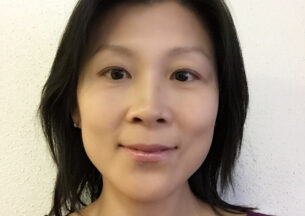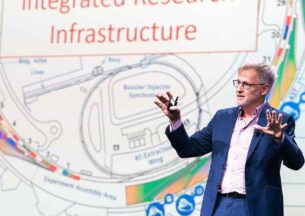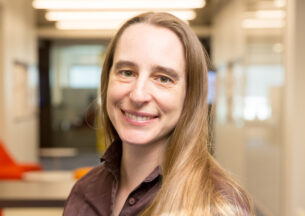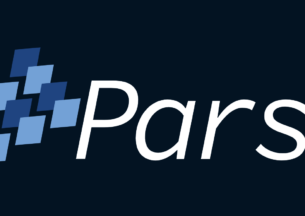Fadel Adib (MIT) - Wireless Across Boundaries for Human & Planet Health
Wireless Across Boundaries for Human & Planet Health
The evolution of wireless technologies over the past 140 years has enabled ubiquitous connectivity with billions of sensors globally. However, today’s technologies still face fundamental obstacles that prevent them from seamlessly extending to challenging domains like the ocean and the human body. In this talk, I will describe how we can bring wireless capabilities to these domains and enable applications that are infeasible using today’s technologies. In the context of oceans, I will describe how we can address the long-standing problem of underwater-to-air communications and enable submerged sensors to directly communicate with airborne receivers; I will also introduce a new class of subsea networks that can sense and communicate in the deep sea without requiring any batteries. In the health domain, I will describe how we can power and communicate with deep-tissue batteryless micro-implants, and how we have successfully tested our systems in living animals. I will also describe how we can repurpose billions of existing RFIDs to new sensing tasks such as detecting food contamination. Finally, I will discuss how these technologies can help us address major societal challenges in healthcare and climate change.
Host: Heather Zheng

Fadel Adib
Fadel Adib is an Assistant Professor at MIT and the founding director of the Signal Kinetics research group. He holds joint appointments in the Departments of Electrical Engineering and Computer Science and the Media Lab. Adib earned his Bachelor’s from the American University of Beirut (2011), and his Master’s (2013) and PhD (2016) from MIT (winning the best Master’s and best PhD thesis awards in Computer Science at MIT). He has been named to Technology Review’s list of the world's top 35 innovators under 35 (TR35) in 2014 and to Forbes’ list of 30 under 30 in 2015. His research on seeing through walls has been named as one of the 50 ways MIT has transformed computer science over the past 50 years. Adib’s work has also won best paper and best demo awards at premier academic venues including SIGCOMM, MobiCom, and CHI, and was selected to the CACM Research Highlights. His research has been broadly featured in major news outlets including the BBC, CNN, The Wall Street Journal, The Washington Post, and The Guardian, and it was the topic of major TV shows including The Big Bang Theory and CBS This Morning. Adib is also the recipient of the Sony Career Development Chair (2016), the Google Faculty Research Award (2017), the AUB Distinguished Young Alumnus Award (2017), the ACM SIGMOBILE Doctoral Dissertation Award (2018), the NSF CAREER Award (2019), the ONR Young Investigator Award (2019), and the ONR Early Career Grant (2019). Adib has had the honor to present and demo his research to the Director of National Intelligence, the Chairman of the FCC, the FDA, the UK House of Lords, and President Obama at the White House. Currently, his research is being commercialized by a startup called Emerald Innovations, and his devices are being used by doctors at major US hospitals to monitor patients with Alzheimer’s, Parkinson’s, and Multiple Sclerosis.












